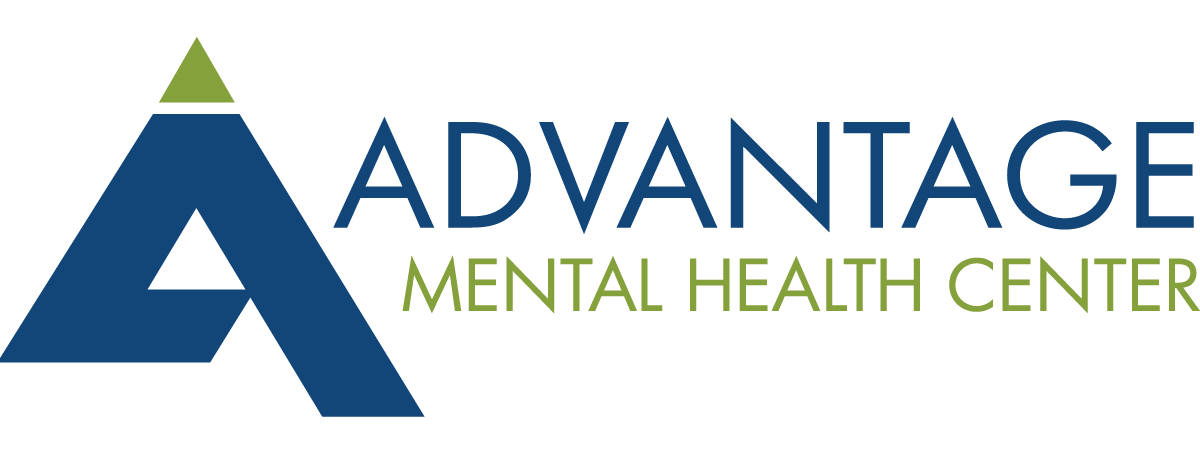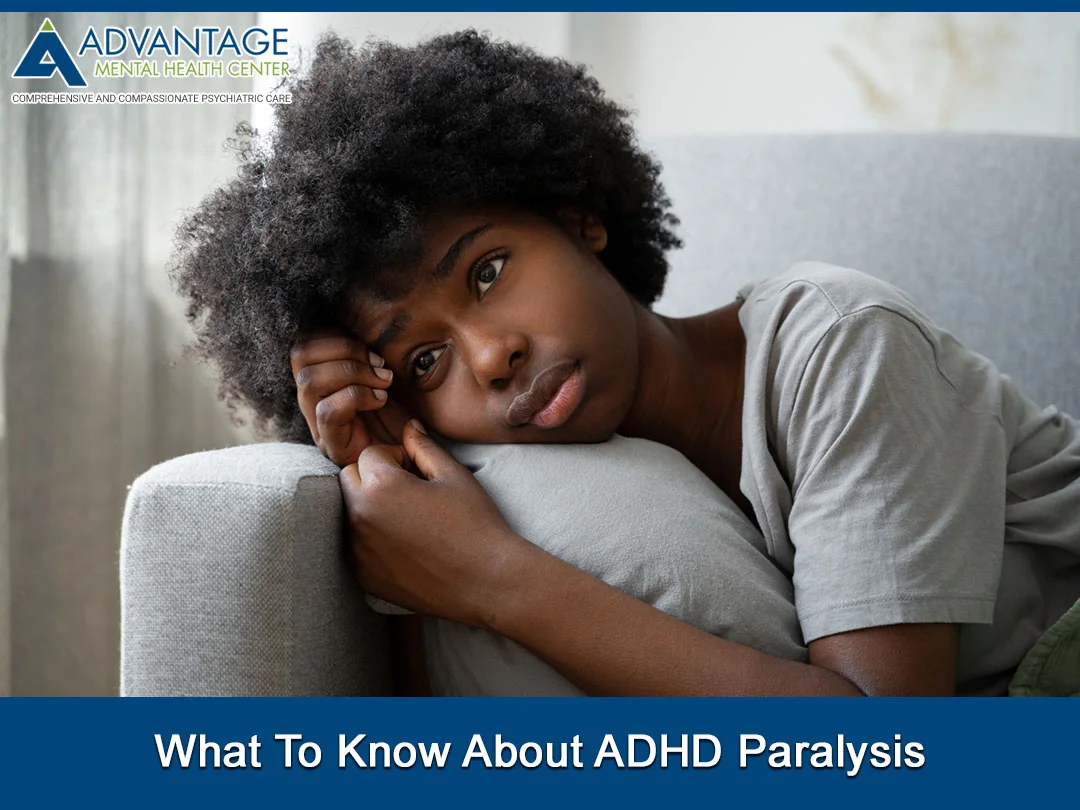When we think of the word ‘paralysis,’ we might think about someone who is frozen or unable to move or complete tasks at that moment. Attention deficit hyperactivity disorder, or ADHD, is a common condition that affects both adults and children. One of the symptoms of this disorder is ADHD paralysis, where people may feel so overwhelmed that they cannot think straight or function in their daily activities.
If you have ADHD or want to support a loved one near Clearwater with this condition, there are several things that you should know about ADHD paralysis.
The Symptoms of ADHD Paralysis
The symptoms of ADHD paralysis and mental paralysis can be wide-ranging and may affect people in different ways. However, there are some common symptoms to be aware of that can help to identify whether somebody is struggling with this particular symptom of ADHD.
For example, people may seem consistently unable to focus or manage their tasks effectively. They may have poor time management or find it difficult to make decisions. Focusing and staying on track with activities and tasks might seem impossible for people with ADHD paralysis. People who suffer from this condition may often avoid tasks altogether because they do not feel they can tackle a problem or stay focused for long enough.
While these symptoms can also be a part of other mental health conditions, such as anxiety and depression, in many cases, they are linked, and sufferers of ADHD may experience other mental health disorders too.
How to Manage Symptoms of ADHD Paralysis
It is clear to see why ADHD paralysis can quickly get in the way of day-to-day life and pose a barrier to achieving your goals or improving your mental health. If you are struggling with this condition or want to support a loved one with ADHD, there are various things that could help to manage the symptoms.
Here are some of the tips that you can keep in mind when dealing with the symptoms of ADHD, including ADHD mental paralysis.
- Make lists: Doing your best to stay organized can help combat some of the impacts of ADHD paralysis. Make a list at the start of the day and note everything that you need to do. Start with something that you feel is more achievable or tackle the largest task, depending on your energy levels for that day.
- Keep things simple: There is no need to overcomplicate things unnecessarily, so consider what you need to do and what you don’t need to do. For example, rather than scheduling all your meetings in the same afternoon, split them up throughout the week and set clearer boundaries on your time to avoid becoming overwhelmed or feeling paralyzed.
- Focus on what you can do, not what you can’t: Focusing on the things that you can do, rather than thinking too much about things you can’t do right now, can help you overcome some of the effects of ADHD paralysis. You don’t need to worry about getting everything perfect all the time – instead, focus on completing each task and ticking it off your list.
- Find things you enjoy: Not everybody is lucky enough to work in a job that they truly love, but it is important to find things in your life that you enjoy doing. This can help you to stay focused and maintain the energy needed to carry out tasks and move forward.
Find Support with ADHD Paralysis
If you are struggling with ADHD paralysis and want to find professional support, you can contact Advantage Mental Health Center near Clearwater. This team of professional mental health specialists can help you to get the support you deserve.
Picture Credit: Freepik


